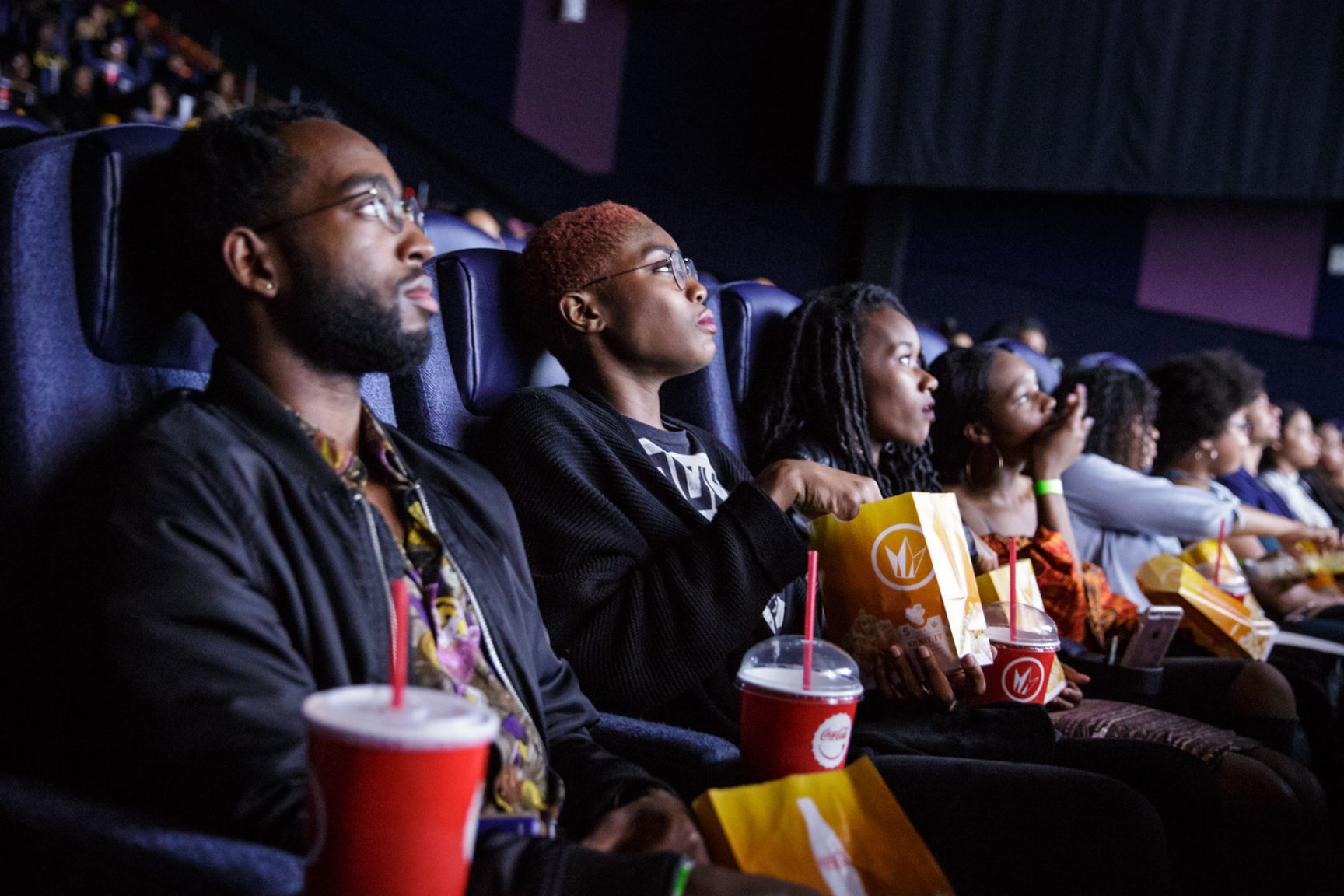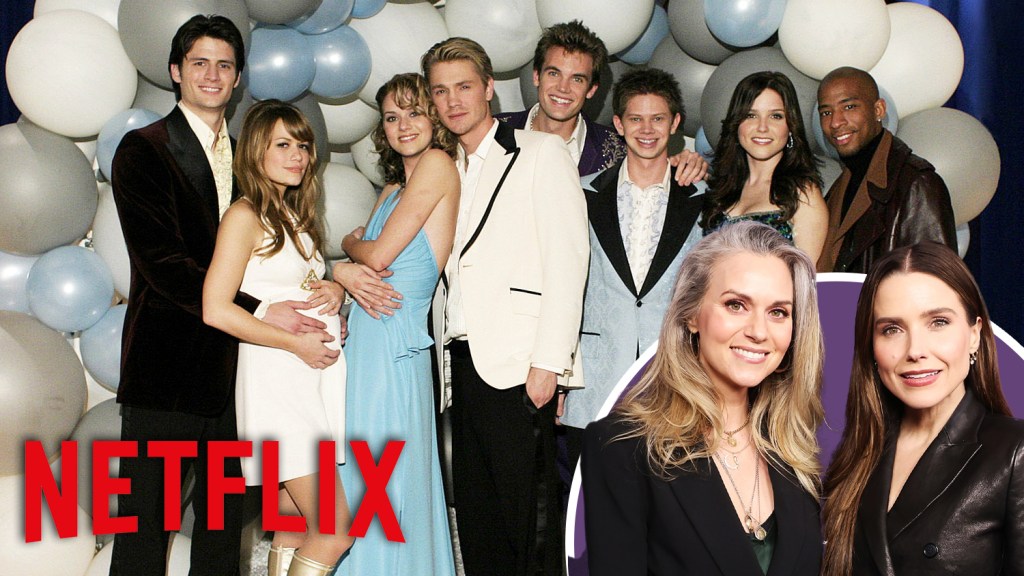Nollywood Thrives Amidst Inflation

Despite a soaring inflation rate of 34.19% in Nigeria, the nation's love for entertainment, particularly movies, remains strong. This passion has fueled a surge in the movie, music, and entertainment industries, which have seen a 27.46% growth over the past three years. The sector's value has climbed from N1.55 trillion in 2020 to N1.97 trillion in 2023, with motion pictures and sound recording contributing the largest share (82.16%).
A Cinema Boom in a Challenging Economy
The appetite for movies is evident in the cinema industry. The Cinema Exhibitors Association of Nigeria (CEAN) reported a remarkable 50% year-over-year increase in revenue, reaching N1.2 billion in January 2024 alone. This growth can be attributed to factors like the rise of streaming platforms, the increasing global appeal of Afrobeat music, and a resilient passion for movies among Nigerians.
Decoding Nigerian Movie Preferences
A recent BusinessDay survey, focusing on Lagos State, provides insightful data on Nigerian movie preferences and consumption habits.
Genre Preferences: Action movies reign supreme in cinema, with 71.7% of respondents expressing their enjoyment. Comedy and drama follow closely with 50.9% and 52.9% respectively. Romance also holds a significant audience (50.9%), while horror movies are less popular (9.4%).
Cinema Habits: While 43.4% of respondents do not watch movies in cinemas, the remaining 56.6% engage with cinematic experiences. The majority (52.8%) watch up to two movies monthly, with a smaller group (3.8%) attending three to ten movies.
Time Spent in Cinemas: The average cinema visit lasts 2-3 hours for 41.5% of respondents, followed by 1-2 hours (32.1%), and over three hours (13.2%).
Key Influencers: Movie reviews, trailers, and recommendations from friends and family are the main drivers of cinema attendance, influencing 43.4%, 41.5%, and 56.6% of respondents respectively. The cinematic experience itself, including visual and audio quality, also plays a significant role for 41.5%.
Companionship: 43.4% of respondents prefer to go to the cinema with friends, followed by 20.8% going alone, 15.1% with family, and 18.9% with a significant other.
Prime Time: Evening shows are the most popular (54.7%), followed by night (26.4%), afternoon (17%), and morning (1.9%).
Accessibility: Geographical proximity to cinemas varies, with 9.4% living less than 1km away, 50.9% traveling 1-5km, 28.3% traveling 6-10km, and 11.3% covering more than 10km.
Movie Choices: Hollywood movies dominate cinema visits (47.2%), followed by Bollywood (35.8%), and Nollywood (17%).
Ticket Purchasing: 88.7% of respondents purchase tickets onsite, while 11.3% buy them online.
Streaming Platforms: Streaming services like Netflix, Showmax, and Amazon Prime are widely used (84.9%), with Netflix being the most popular (94.3%), followed by Amazon Prime (35.8%) and Showmax (18.9%).
Streaming Frequency: Respondents reported varying streaming frequencies, with 24.5% streaming over 10 times a month, 15.1% streaming 6-10 times, 32.1% streaming 3-5 times, and 28.3% streaming once or twice a month.
Downloading: 52.8% of respondents download movies from websites, with 41.5% doing so based on the type of movie.
Cinema Spending: 60.4% of respondents spend less than N10,000 per movie, 37.7% spend up to N30,000, and about 2% spend over N30,000.
Ticket Price Perception: 5.7% find ticket prices cheap, 58.5% are neutral, 28.3% find them expensive, and 7.5% consider them very expensive.
Subscription Habits: 60.4% of respondents renew their streaming subscriptions monthly, while 32.1% do not have a subscription.
Conclusion: The BusinessDay survey highlights the diverse movie preferences and viewing habits of Nigerians. Action and drama genres are popular choices, evening cinema visits are preferred, and streaming platforms are increasingly used for movie consumption.
A Promising Future for Nollywood: 2024 has been a promising year for the movie industry, particularly for Nollywood, with a slate of announcements for potential hits and blockbusters in the second half of the year. The continued love for movies, even in challenging economic times, suggests a bright future for the Nigerian entertainment sector.





